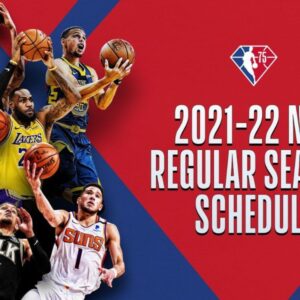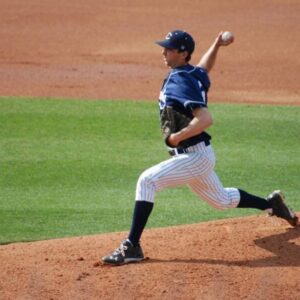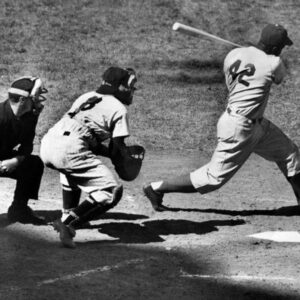What is juco baseball ? Junior college baseball has been a stepping stone to other levels of the game, including the Major League, for decades. But there’s much more to JUCO baseball than just providing a potential gateway to university or professional ball.
With 189 NJCAA Div. I programs around the United States, and another 129 Div. II programs, JUCO baseball provides opportunities for hundreds of high school athletes to continue their playing careers. That also translates into academic opportunities.
The following primer details some of the elements that make up junior-college baseball, including scholarship prospects; advancement to the next level; and the impact the JUCO game has had on MLB.
Does JUCO baseball offer scholarships?
Div. I junior college programs offer full athletic scholarships comparable to those typically associated with NCAA athletics. That means tuition, room-and-board expenses and other fees associated with enrollment in the college.
There are 189 NJCAA Div. I baseball programs across 18 regions with a maximum allotment of 24 full scholarships.
At the NJCAA Div. II level, the 129 member programs that can offer up to 24 partial scholarships. Div. II junior-college scholarships cover tuition and some classroom expenses such as books.
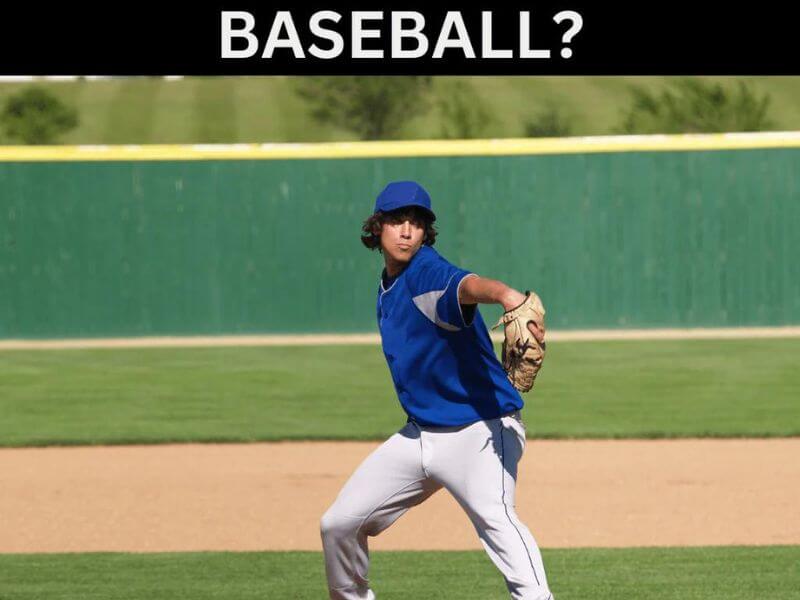
What are JUCO baseball eligibility requirements?
Each college’s academic and admission standards vary, but standard eligibility requirements demand any prospective JUCO baseball player have graduated high school with a diploma or equivalent, and all JUCO players must maintain amateur status.
Per the NJCAA, “students are allowed to participate in their first two seasons of intercollegiate competition in any sport at an NJCAA college” and “the NJCAA does not have ‘an eligibility clock'” nor an age limit.
So long as an athlete has not participated at another level previously, then, they have two years of available eligibility from the beginning of their first junior college season.
How is the JUCO baseball season formatted?
Because the NJCAA has different rules than the NCAA, including allowed lengths for practice and competition, a robust fall slate precedes the spring semester schedule.
The traditional spring season begins in late January/early February and at the Div. I level, runs through the NJCAA World Series in the first week of June.
The JUCO World Series brings 10 teams to Grand Junction, Colorado, winners of their district championships. The District Championships are determined through postseason play, beginning with best-of-three Regional Sectionals; then a double-elimination Regional Championship. Region champions move onto the District Championship.
Who are some JUCO standouts in MLB?
Because the MLB draft allows players with one year of JUCO experience to enter, the junior college route has been and will continue to be an attractive option for prep players with pro dreams but who are not quite prepared for the jump.
These prospects qualify for the Rule 4 draft.
The list of active and past MLB standouts to have played in junior colleges is long and impressive, so let’s whittle it down to some highlights:
Bryce Harper, the Philadelphia Phillies star, headlines the current crop of JUCO alumni. He hit .443 in 228 at-bats for College of Southern Nevada in 2010.
A two-time All-Star with the Arizona Diamondbacks and top 11 finisher in Cy Young voting twice, Washington Nationals pitcher Patrick Corbin closed the 2008 JUCO season with a .240 ERA and 56 strikeouts over 45 innings pitched at NJCAA Div. III program Mohawk Valley.
Juco Baseball Advice from Head Coach
In this interview, Head Baseball Coach Ryan Beckman from St. Petersburg College provides everything you need to know about juco baseball.
Similar to my interview with Juco Softball Coach Andy Lee, Coach Beckman and I talk about juco recruiting, player development, stigma surrounding junior college baseball, player attitude, academics, and much more.
If you want to know if juco is right for you or simply want to learn more about college baseball, this video will provide you with a ton of value.
Although Coach Beckman’s candid advice may not be what players necessarily want to hear, it is certainly what they need to hear.
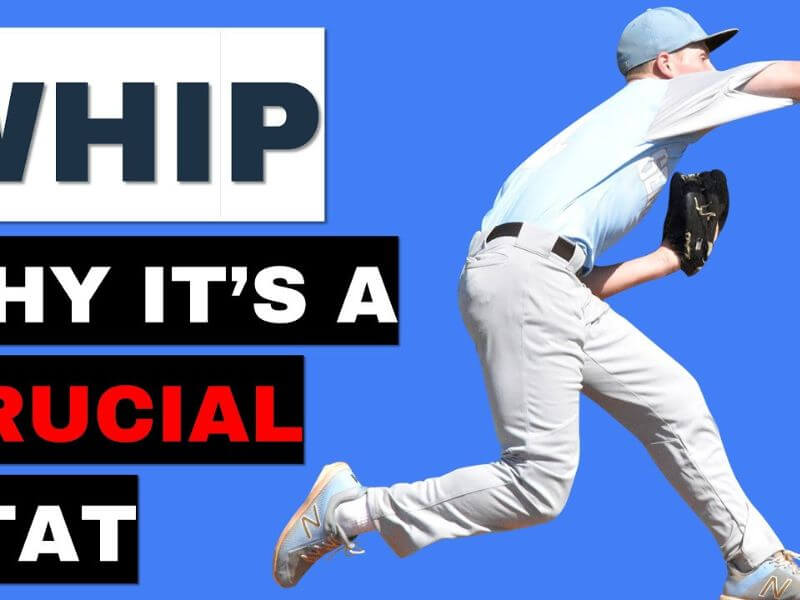
What are JUCO’s Looking for in Recruits?
Just like any college coach, JUCO coaches are looking for players that can play at the highest level of baseball. In some cases, a player may not be ready for that level now, but he may reach that goal through additional development and growth through the college experience.
Overall, Dintaman notes three type of players that he targets for his program at Sinclair.
The first type of player that can be placed on their recruiting board is an NCAA Non-Qualifier. Typically, this type of player has the talent and interest from Division I schools, but doesn’t have a high enough grade point average or standardized test score to meet a college’s entrance requirements.
On this topic, Dinataman noted, “In the past, this was one of the only reasons that JUCO’s got players in Ohio but that culture has changed. Just because someone has poor academics, doesn’t mean that I will be recruiting them at Sinclair.”
And the reason is simple: the culture is changing.
“We demand excellence in the classroom here and if they can’t buy into that accountability measure, Sinclair is not for them … last year over 75% of our entire roster was filled with NCAA qualifying students. These student-athletes had great test scores, some with 30 ACT’s and strong GPA’s in high school.
The second type of player that can be placed on their recruiting is a prospect that just seems to be missing something to be a top-level guy. The examples are endless: a fast player who needs to get stronger; a Division I level bat who doesn’t have a position; slower middle infielder; and a pitcher who may throw hard but doesn’t have the command or sharp enough secondary pitches yet.
Dintaman said, “Recently, we’ve had a lot of recruiting battles with Division I schools in the area who offer these type of players low scholarships or walk-on spots. We have lost a lot of these players but are starting to win more and more.”
The third type of player that can be placed on their recruiting is a prospect that has something to prove. Often, this type of player has a tool that you can’t measure and the drive to do whatever it takes to succeed.
In many cases, Dintaman said, “These guys feel snubbed in the recruiting process and want that second chance to show what they can do … Sometimes, these are the most rewarding players to coach.”
How do Scholarships Work for JUCO Players?
Just like the NCAA, there are three different divisions of Junior College Baseball.
The NJCAA Division I programs offer athletic scholarships and provides housing. Currently, the closest Division I JUCO programs are located in Illinois and Tennessee. In total, a Division I JUCO program can offer up to 24 scholarships.
The NJCAA Division II offers athletic scholarships but does not pay for housing. Sinclair is an example of a Division II program. Typically, Sinclair student-athletes are able to access affordable housing due to the campus’ proximity to the University of Dayton, which is only a few miles down the road. In total, a Division II JUCO program can offer up to 24 scholarships.
Above is information what is juco baseball. Hopefully, through the above content, you have a more detailed understanding of what is juco baseball .Thank you for reading our post.

